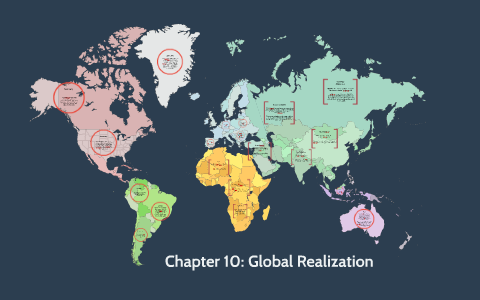
Content Map on Eric Schlosser’s Fast Food Nation- Global Realization
Global realization:
In this
section, Schlosser explains how one place (Plauen, particularly McDonald)
could change the whole country such as Germany. The existence of McDonald in
Plauen gives hope to a better world.
“For decades Plauen has been on the margins
of history far removed from the centers of power; nevertheless, events there
have oddly foreshadowed the rise and fall of great social movements.”
(Schlosser 525).
“And a few months after that extraordinary event, marking the
end of the Cold War, the McDonald’s Corporation announced plans to open its
first restaurant in East Germany.” (Schlosser 528).
“The McDonald’s would be the first new building erected in
Plauen since the coming of a new Germany.” (Schlosser 528).
“During the summer of 1990, construction quickly began
on the first McDonald’s in East German. The McDonald’s would be the first new
building erected in Plauen since the coming of a new Germany. “
Uncle McDonald:
In
this section, Schlosser shows the reader how fast food chains could expand and
improve the economic condition of different countries.
“Millions
of other people at that very moment were standing at the same counter, ordering
the same food from the same menu, food that tasted everywhere the same.”
(Schlosser 532).
“The fast food chains have become totems of Western
economic development.” (Schlosser 529).
“As the fast food chains have moved overseas, they
have been accompanied by their major suppliers. In order to diminish fears of
American imperialism, the chains try to purchase as much food as possible in
the countries where they operate.” (Schlosser 529).
Christa
Maerker, a Berlin filmmaker wrote in an essay of postwar Germany’s infatuation
with the United States. Inside the essay, Maerker said that Americans were
angels.
“Since 1992, the number of
franchised outlets there has doubled, and about five thousand more every year.”
(Schlosser 531). This shows a great expansion of McDonald.
At the Circus:
This section gives insights on how powerful
food industries could not only affect the country but it could also affect
politicians. Gorbachev, for example, is one of the politicians that was called
speak in another country than his own.
“Mikhail Gorbachev was in town to speak at the Twenty-sixth
Annual Chain Operators Exchange, a convention sponsored by the International
Foodservice Manufacturers Association.” (Schlosser 534)
“A group of patrons at a Moscow Pizza Hut thanked him in the
ad for bringing the fast food chain to Russia and then shouted “Hail to
Gorbachev!”” (Schlosser 535)
When Gorbachev appeared in a Pizza Hut commercial, following
the footsteps of Cindy Crawford and Ivana Trump. This is a main point where
Gorbachev as a politician has the power to become rich just because of the
global chain.
McLibel
This passage tells about how 2 activists,
Morris and Steel, fight against McDonald in a trial called McLibel Trial. The
trial affects both sides in many other ways.
“But with some help from the secretary of the Haldane Society
of Socialist Lawyers, the pair turned the “McLibel case” into the longest trial
in British history and a public relations disaster for McDonald’s.” (Schlosser
543)
“Evidence submitted during the McLibel trial disclosed much
about the inner workings of the McDonald’s Corporation.” (Schlosser 543)
“McDonald’s was tired of the bad publicity and wanted this
case to go away. But Morris and Steel were not yet through with McDonald’s.”
(Schlosser 545)
After years
of legal wrangling, the McLibel trial formally began in March of 1994. This marks
the start of McLibel. Schlosser
mentions that by the end of the McLibel trial, the court record included 40,000
pages of documents and witness statements, as well as 18,000 pages of
transcripts. This shows how serious the trial is.
Schlosser is
trying to show readers how strong people’s oppositions were in foreign
countries, particularly Morris and Steel, towards the McLibel case. The McLibel
trial was the longest trial in British history.
“Farmers, leftists, anarchists, nationalists,
environmentalists, consumer advocates, educators, health officials, labor
campaign against the perceived Americanization of the world.” (Schlosser 541)
The trial
forced McDonald's to a public examination of labor, marketing, environmental,
nutrition, food safety, and animal welfare policies. This shows how Morris and
Steel’s strong persistence could affect the world’s largest fast-food chain.
Comments
Post a Comment